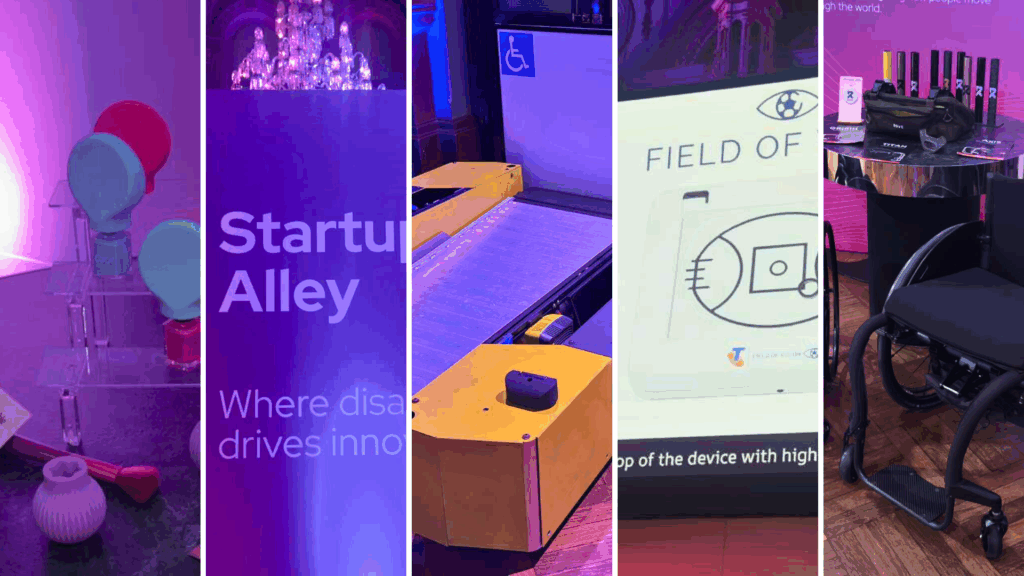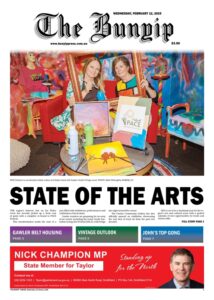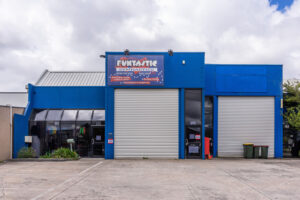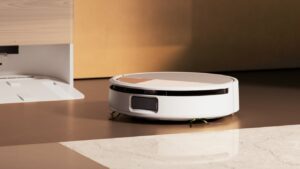
The 2025 Disability Tech Summit took place this week at Sydney Town Hall, marking the first time the event has been held in Australia. Organized by the Remarkable disability tech accelerator, which began as a part of the Cerebral Palsy Alliance in 2016, this summit showcases innovation in assistive technology. Remarkable has previously hosted three summits in the United States, specifically in San Francisco and San Diego.
According to Remarkable founder Pete Horsley, the Australian federal government allocates approximately $100 billion annually to disability and aging services. He emphasized the immense potential for innovation in this sector, highlighting a global opportunity exceeding $13 trillion. “With Australia’s world-leading research design capability and lived experience in leadership, we have the chance to make the disability sector the next wave of innovative industry,” he stated.
Innovative Startups at the Summit
This year’s summit featured nine startups pioneering advancements in disability technology. Each company aims to enhance accessibility and provide solutions that empower individuals with disabilities.
ByStorm Beauty, founded by Storm Menzies, focuses on creating makeup tools designed for individuals with disabilities. Menzies, who has mild cerebral palsy, recognized the challenges faced by many when she struggled to use traditional makeup products after injuring her hand. ByStorm Beauty’s attachments allow users to hold and apply popular beauty products with ease. “Accessibility is not charity. It’s innovation. It is sustainability,” Menzies remarked.
Possibility Neurotechnologies introduced its brain-computer interface, Think2Switch, described by co-founder and CEO Dion Kelly as “like Siri for your thoughts.” This interface enables users to control multiple devices using brain-sensing headsets, providing newfound independence for those with mobility and communication challenges. Currently used by over 100 families, Think2Switch aims to expand its reach beyond disabilities to include general consumer tech.
Field of Vision, established in 2020, creates handheld devices that allow individuals with limited vision to follow live sports. The startup’s technology uses haptic feedback to convey information about the game, making sports enjoyment accessible to all. Co-founder David Deneher stated that their device can be used across various sports and aims to be available for rent at stadiums starting in 2026.
Understanding Zoe is an AI-assisted app designed to help parents and educators track the health and progress of neurodivergent children. Co-founder Laetitia Andrac explains that the app allows users to log behaviors and receive insights into triggers and calming techniques. The app is grounded in ethical AI principles and aims to correct biases in existing support systems.
Technological Solutions for Practical Challenges
Rampey, introduced by CEO Jay Davey, is a robotic ramp that autonomously positions itself at train doors, eliminating the need for assistance from station staff. This innovation aims to streamline the boarding process for wheelchair users and is designed with safety features for all users. Davey anticipates expanding the technology to other forms of transportation.
Umps, founded by Adam Jahnke, initially began as a smart home system to monitor user movements but pivoted to personal alarms after concerns over privacy arose. The personal alarms allow users to communicate with their care teams, integrating various technologies to provide comprehensive support.
Hailo, co-founded by Santiago Velasquez, addresses the challenges people with disabilities face when using public transport. The app facilitates communication between passengers and drivers, ensuring that those needing assistance are recognized and helped. Velasquez’s own experience of missing an important exam due to transport issues inspired this initiative.
Finally, Marco Polo offers a housemate matching platform for individuals relying on the National Disability Insurance Scheme (NDIS) in Australia. Co-founders Amy Connelly and Aaron Cotton have developed a system that allows NDIS participants to choose their housemates, promoting compatibility and reducing conflicts in shared living situations.
These startups represent just a fraction of the innovative solutions emerging from the disability tech sector. As highlighted at the summit, the potential for growth and impact in this area is substantial, promising a future where accessibility is prioritized and technological advancements contribute to a more inclusive society.






